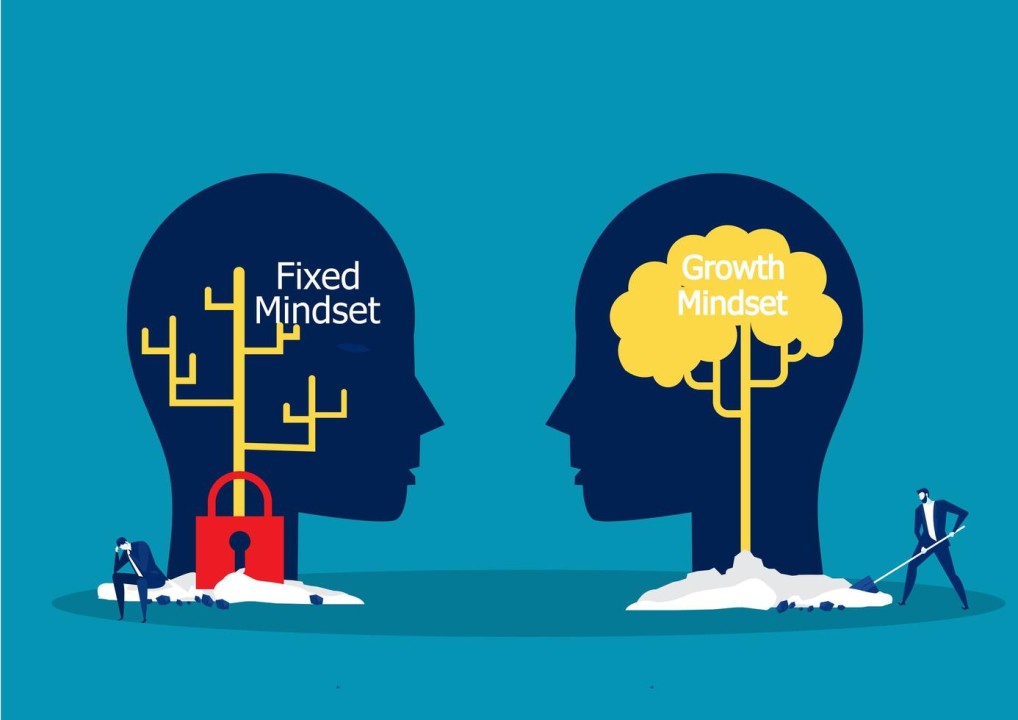Life is unpredictable. Even the strongest individuals encounter moments of adversity, whether it’s a personal loss, financial strain, health challenges, or professional setbacks. What sets resilient people apart isn’t the absence of hardship, but their ability to navigate and bounce back from difficult experiences. Building mental resilience is essential for maintaining emotional stability and thriving even in the toughest times. While resilience isn’t an innate trait—it’s a skill that can be cultivated—there are concrete strategies to strengthen your mental fortitude.
1. Embrace a Growth Mindset

A growth mindset—the belief that your abilities and intelligence can develop through effort and learning—is a cornerstone of resilience. When faced with challenges, individuals with a growth mindset perceive setbacks as opportunities for growth rather than insurmountable obstacles. Instead of thinking, “I can’t handle this,” try reframing your thoughts: “This is tough, but I can learn and adapt.” Regularly practicing this type of thinking helps you remain solution-focused and increases your ability to persevere under pressure.
2. Cultivate Self-Awareness
Understanding your emotional responses is critical in building resilience. Self-awareness allows you to identify your stress triggers and manage your reactions more effectively. Journaling is a simple yet powerful tool for developing self-awareness. By writing down your thoughts and feelings, you can observe patterns in how you respond to challenges. Meditation and mindfulness practices are also highly effective, as they train your mind to stay present and reduce emotional reactivity during stressful situations.
3. Strengthen Your Support Network

Humans are inherently social creatures, and connection plays a crucial role in resilience. Having a trusted support network of friends, family, or mentors can provide emotional reassurance, practical advice, and perspective during tough times. Sharing your struggles with others doesn’t make you weak—it fosters connection and reminds you that you are not alone. Additionally, supporting others in return can create a reciprocal cycle of resilience and trust.
4. Develop Healthy Coping Mechanisms
Resilient individuals rely on constructive coping mechanisms rather than destructive behaviors like excessive drinking, overeating, or avoidance. Exercise is one of the most effective ways to manage stress; physical activity releases endorphins that naturally elevate mood. Creative outlets such as art, music, or writing can also serve as emotional release and foster a sense of accomplishment. Additionally, practicing deep breathing techniques or progressive muscle relaxation can help calm the mind and body during periods of high stress.
5. Set Realistic Goals and Take Small Steps
During times of difficulty, large problems can feel overwhelming. Breaking challenges into smaller, manageable tasks creates a sense of progress and control. Resilient people focus on what they can influence rather than what is beyond their control. Setting realistic goals, celebrating small victories, and gradually building momentum can instill confidence and reinforce the belief that challenges are surmountable.
6. Reframe Adversity

Resilience is often about perspective. While you cannot always control external events, you can control your interpretation of them. Reframing adversity involves looking for lessons, opportunities, or hidden strengths within challenging experiences. For instance, losing a job may initially feel devastating, but it could also open doors to new opportunities or personal growth. Practicing gratitude, even in tough times, can shift focus from what has been lost to what remains meaningful in life.
7. Prioritize Self-Care
Resilience is difficult to maintain if you are physically and mentally depleted. Adequate sleep, balanced nutrition, and regular exercise are foundational for sustaining energy and emotional balance. Setting boundaries and allowing yourself time to rest or engage in enjoyable activities prevents burnout and helps preserve mental strength. Self-care isn’t indulgent—it’s essential for building the stamina to face life’s challenges.
8. Seek Professional Help When Needed
Building resilience doesn’t mean facing every challenge alone. Sometimes, professional guidance is necessary. Therapists, counselors, or coaches can provide strategies to manage stress, reframe negative thinking, and develop coping skills. Seeking help is a proactive step toward strengthening mental resilience, not a sign of weakness.
Conclusion
Mental resilience is a skill that can be developed through conscious effort and practice. By cultivating a growth mindset, nurturing self-awareness, relying on supportive relationships, practicing healthy coping mechanisms, setting achievable goals, reframing adversity, prioritizing self-care, and seeking help when necessary, you can strengthen your ability to endure and thrive despite life’s challenges. Tough times are inevitable, but with resilience, they become opportunities for growth, learning, and transformation. Remember, resilience is not about avoiding stress—it’s about facing it with courage, adaptability, and hope.



Leave a Reply